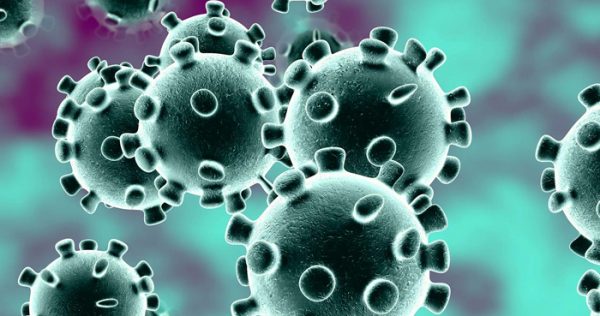
No evidence that vaping increases the risk of COVID-19
Posted on March 26, 2020
THERE IS no evidence that vaping increases the risk or the severity of COVID-19 in vapers or bystanders, in spite of claims by anti-vaping activists.
Click here to download a one-page handout on vaping and COVID-19
The risk from passive vaping
Vaping is no more likely to spread COVID-19 than normal breathing, unless the vaper coughs or sneezes. [link]
COVID-19 is transmitted by coughing or sneezing. Large droplets of saliva containing the virus are expelled at high speed into the air and persist for longer periods.
However vaping aerosol releases very small liquid particles of propylene glycol, vegetable glycerine and very low doses of chemicals at low speeds which disperse quickly. Vapour is expelled even more slowly from low-powered devices.
There is also some evidence that propylene glycol has anti-viral properties in aerosol form.
The risk for vapers
The main risk from COVID-19 is serious lung infection, particularly pneumonia. Most vapers are former smokers and may have some underlying lung damage from years of smoking. As a result, they may be more likely to get lung infections.
However, there is no evidence that vaping itself increases the risk of catching the coronavirus or of getting more severe disease
Any harm to the lungs from vaping is certain to be considerably less than smoking. Most studies show improvements in lung health after switching, for example better lung function, improved asthma and COPD ('emphysema') and reduced risk of pneumonia. [Polosa]
Vaping would be expected to reduce the risk of contracting COVID-19 and is likely to reduce the severity of infection as well. However, there is no evidence to confirm this so far.
However, vaping is not risk-free. Laboratory studies do show signs of reduced lung immunity, inflammation and other harm from vaping, although it is unclear if this leads to harm in humans.
Now is a good time to quit smoking
Smokers could be at greater risk of complications if they catch COVID-19. Smoking damages the lungs and suppresses the immune system so the body is less able to fight off an infection in the lungs.
Smokers are also at risk of infecting themselves. Repeated movements of the hand to the mouth while smoking could transfer the virus from contaminated hands.
However, some evidence suggests that smokers may be less susceptible to severe COVID-19 although further research is needed to verify this. [Farsalinos]
Nevertheless, the best advice to smokers is that now is a good time to quit. Apart from COVID-19, quitting is the single most effective thing you can do to improve your health.
COVID-19 is creating financial stress for many people. Quitting smoking or switching to vaping can help the family budget at this very difficult time.
Recommendations
- Try to quit smoking. If you can't quit, switch to vaping nicotine. This will improve your health and you will save lots of money at a time of great financial stress for many people
- Smokers and vapers should observe the usual rules for reducing the spread of COVID-19, such as social distancing, regular handwashing, coughing into your elbow or a tissue, avoiding face touching and isolation if infected.
- Vapers should be discreet and avoid large clouds in public as this makes bystanders anxious. Low powered devices are preferred in this setting
- Avoid sharing vaping devices, cigarettes or cannabis
References
Sussman R, Escrig C. A review of vaping and COVID19. 28 March 2020
Farsalinos K. Smoking, vaping and hospitalisation for COVID-19. Qeios 29 March 2020
Posted by Colin Mendelsohn, colin@athra.org.au
Last updated 30 March 2020